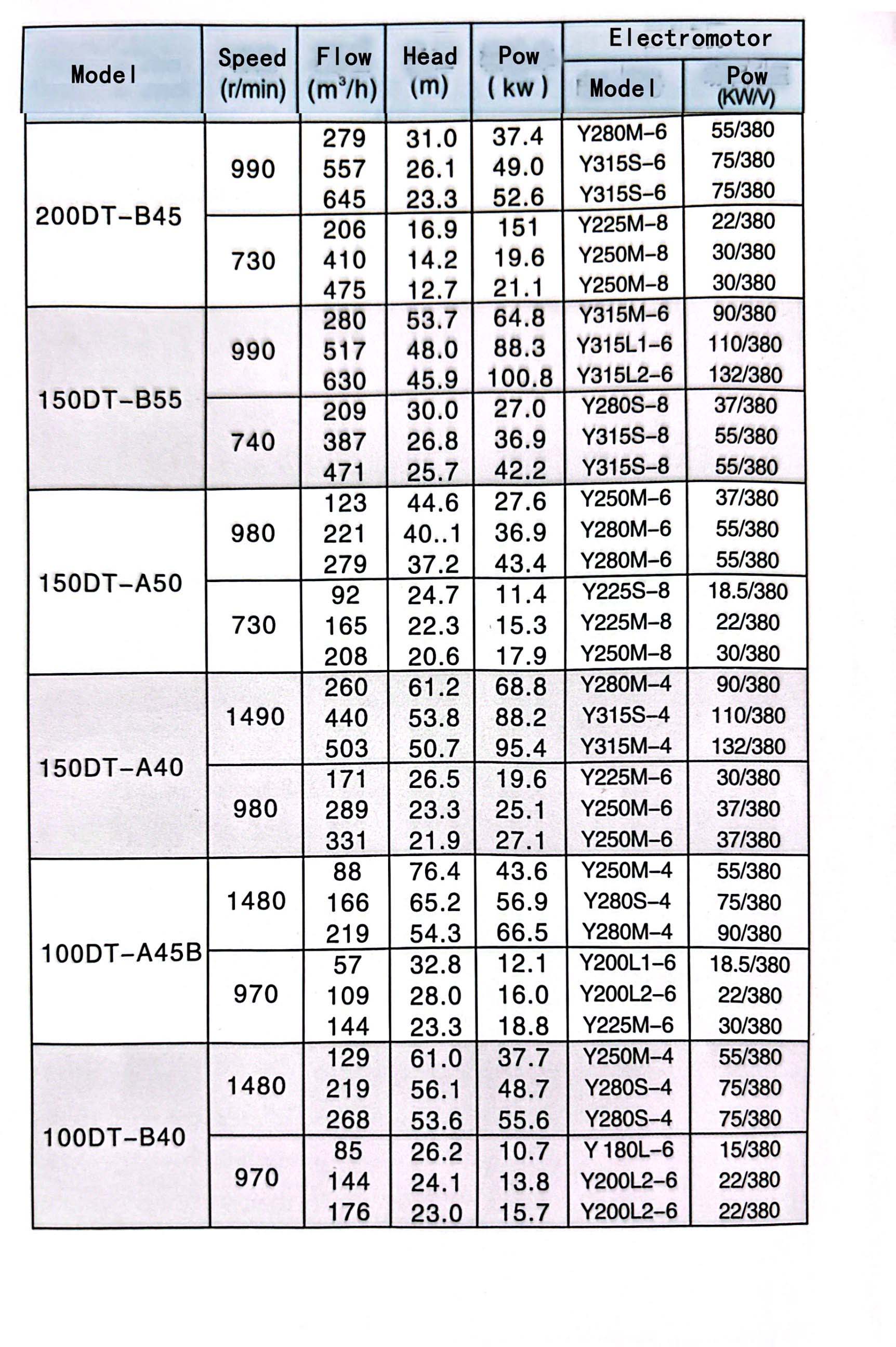Punjabi
- Afrikaans
- Albanian
- Amharic
- Arabic
- Armenian
- Azerbaijani
- Basque
- Belarusian
- Bengali
- Bosnian
- Bulgarian
- Catalan
- Cebuano
- Corsican
- Croatian
- Czech
- Danish
- Dutch
- English
- Esperanto
- Estonian
- Finnish
- French
- Frisian
- Galician
- Georgian
- German
- Greek
- Gujarati
- Haitian Creole
- hausa
- hawaiian
- Hebrew
- Hindi
- Miao
- Hungarian
- Icelandic
- igbo
- Indonesian
- irish
- Italian
- Japanese
- Javanese
- Kannada
- kazakh
- Khmer
- Rwandese
- Korean
- Kurdish
- Kyrgyz
- Lao
- Latin
- Latvian
- Lithuanian
- Luxembourgish
- Macedonian
- Malgashi
- Malay
- Malayalam
- Maltese
- Maori
- Marathi
- Mongolian
- Myanmar
- Nepali
- Norwegian
- Norwegian
- Occitan
- Pashto
- Persian
- Polish
- Portuguese
- Punjabi
- Romanian
- Russian
- Samoan
- Scottish Gaelic
- Serbian
- Sesotho
- Shona
- Sindhi
- Sinhala
- Slovak
- Slovenian
- Somali
- Spanish
- Sundanese
- Swahili
- Swedish
- Tagalog
- Tajik
- Tamil
- Tatar
- Telugu
- Thai
- Turkish
- Turkmen
- Ukrainian
- Urdu
- Uighur
- Uzbek
- Vietnamese
- Welsh
- Bantu
- Yiddish
- Yoruba
- Zulu
Telephone: +86 13120555503
Email: frank@cypump.com
ਨਵੰ. . 19, 2024 00:08 Back to list
Effluent Pumping Solutions for Efficient Wastewater Management and Disposal Systems
Understanding Effluent Sump Pumps A Comprehensive Overview
Effluent sump pumps play a crucial role in managing wastewater in various settings, from residential basements to commercial properties and industrial facilities. These reliable machines are specifically designed to handle wastewater that contains a certain level of solids, making them essential in applications where sewage and effluent need to be pumped away from a site.
What is an Effluent Sump Pump?
An effluent sump pump is a submersible pump that is typically installed in a sump pit, which is a small basin that collects excess water and wastewater. Unlike standard sump pumps that primarily handle clear water, effluent pumps are engineered to pump liquids that have low levels of solids, such as effluent from septic tanks, graywater from washing machines or showers, and other mildly contaminated water. These pumps are often equipped with a float switch that automatically activates the pump when the water level reaches a certain point, ensuring efficient drainage without manual intervention.
Applications of Effluent Sump Pumps
Effluent sump pumps are widely used in various applications. In residential settings, they are commonly employed for draining basements, especially in areas prone to flooding or water accumulation. They are also found in homes with septic systems, as they help transport effluent from the septic tank to the drainage field.
effluent sump pump

In commercial and industrial environments, these pumps are essential for managing wastewater in facilities such as restaurants, laundromats, and manufacturing plants. They efficiently handle water that may contain food particles, detergents, or other solids, ensuring that the wastewater is disposed of or transported properly.
Choosing the Right Effluent Sump Pump
When selecting an effluent sump pump, several factors must be considered. The pump’s capacity, measured in gallons per hour (GPH), should match the volume of wastewater you expect. Additionally, the total head, which indicates the height that water needs to be pumped, is crucial for effective operation. It’s also vital to evaluate the construction materials of the pump, as those made from corrosion-resistant materials are more durable and reliable in harsh conditions.
Importance of Maintenance
Regular maintenance of effluent sump pumps is essential for optimal performance. This includes cleaning the sump pit, checking for clogs, and inspecting the pump’s electrical components. By keeping the pump in good condition, users can avoid costly repairs and ensure the system functions efficiently.
In conclusion, effluent sump pumps are indispensable for effective wastewater management. Their specialized design makes them ideal for handling effluent safely and efficiently, protecting homes and businesses from water damage and ensuring compliance with environmental regulations. Proper selection and maintenance will enhance their longevity and performance, making them a wise investment for any property.
-
Custom Drilling Mud and Slurry Pump Supplier - High Efficiency, Tailored Solutions
NewsJun.10,2025
-
Supply Vertical Submersible Sewage Pump High-Efficiency WQ/QW Pumps Supplier
NewsJun.10,2025
-
Premium Sewage Ejection System & Pumps Efficient Waste Removal
NewsJun.09,2025
-
Premium Wholesale Slurry Pump Impellers Durable & Efficient Slurry Handling
NewsJun.09,2025
-
Top Sewage Pump Companies Durable Industrial Solutions for Efficiency
NewsJun.09,2025
-
Heavy Duty Slurry Pumps - OEM High Performance & Bulk Wholesale
NewsJun.09,2025










